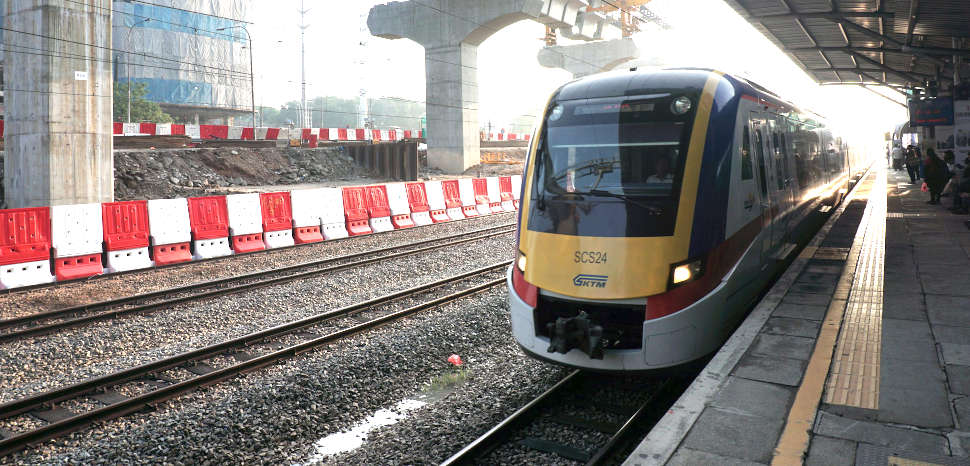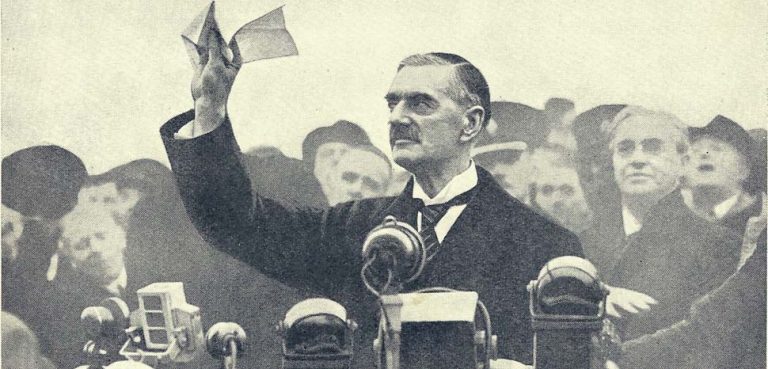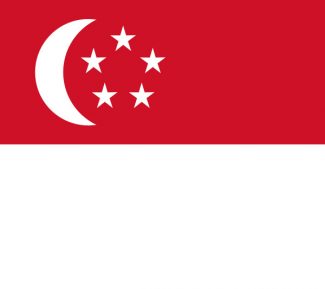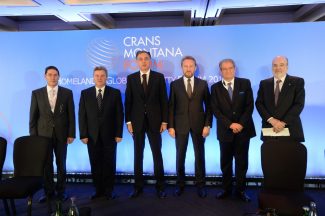On 8 September, Malaysia’s government revealed its intention to re-route part of the East Coast Rail Link (ECRL), a key component of China’s Belt and Road (BRI) infrastructure initiative in Southeast Asia. The plan to extend the line, which will add an estimated 13.5% to the $10.7 billion project cost, has reportedly been approved by the Cabinet but still needs to be finalized with the main Chinese contractor. The change will pose little impediment to the project going ahead, as it constitutes a reversion to the original route plan.
That plan was signed off in 2016 by then-Prime Minister Najib Razak. His successor, Mahathir Mohamad, later suspended the project after being elected in 2018, amid concerns that the initial terms of the ECRL deal were unfair on Kuala Lumpur, before reviving it in mid-2019 after renegotiations cut costs by a third. Mahathir has since been replaced by a new coalition government led by Muhyiddin Yassin, who has vowed to proceed with the ECRL in the hope of stimulating future growth in Malaysia’s coronavirus-hit economy.
Project costs renegotiated
Disputes over the ECRL and Chinese investment have been a central theme over several years of upheaval in Malaysian politics. The rail line was first envisaged at a cost of $15.7 billion under the corruption-tainted Barisan Nasional coalition government led by Najib Razak’s United National Malays Organization (UMNO). Mahathir Mohamad, who won a shock election victory as head of the rival Pakatan Harapan alliance with Anwar Ibrahim in May 2018, had campaigned on a promise to seek better deals on keynote infrastructure projects backed by Chinese loans – notably the ECRL, but also a gas pipeline set to be built across Borneo.




